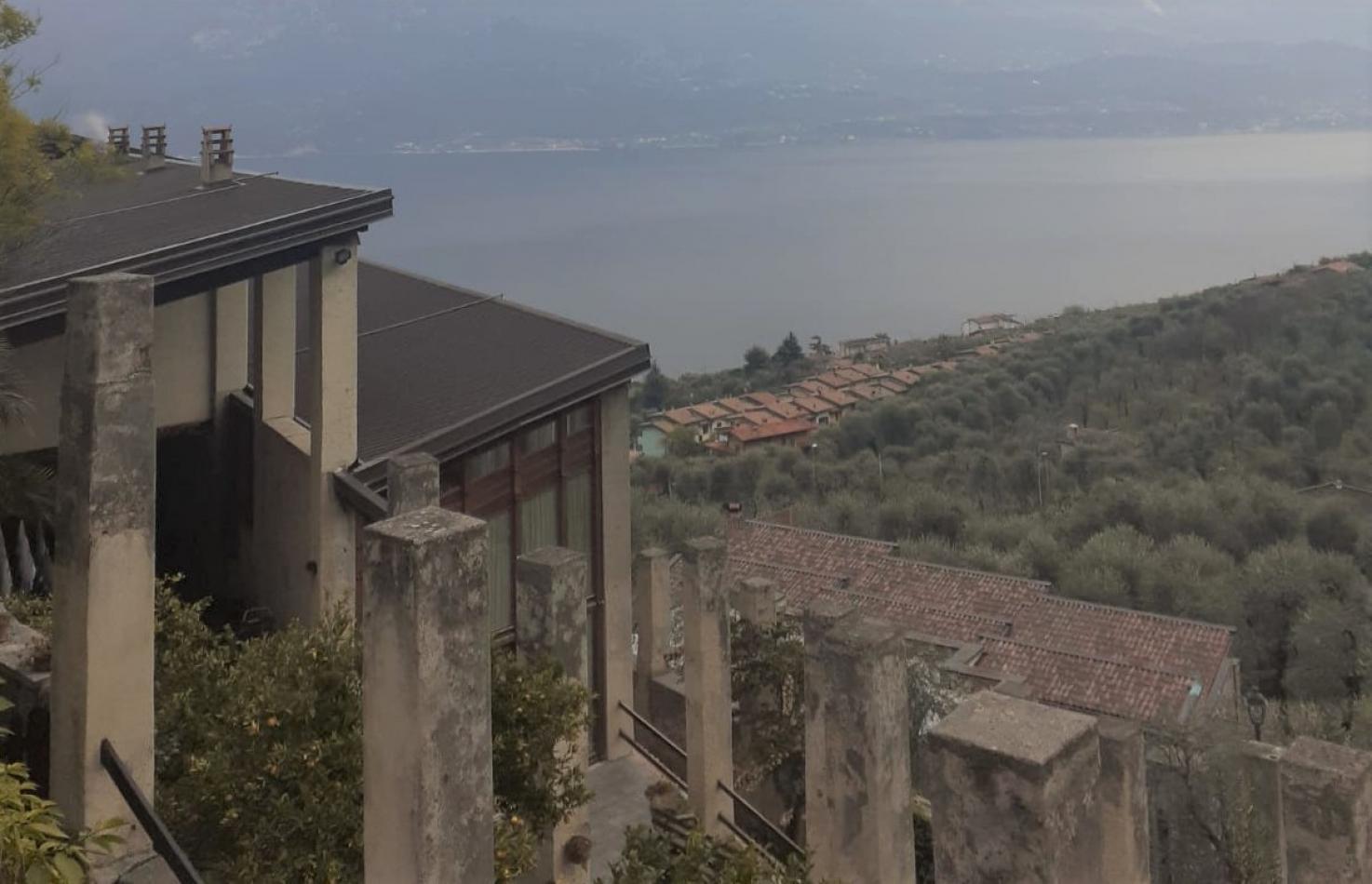Daniel Comboni
Comboni Missionaries
Institutional area
Other links
Newsletter
Friday, January 28, 2022
In the second chapter of the encyclical Fratelli tutti, Pope Francis offers a key to understanding today’s reality and the spiritual experience that underlies the Christian response to the challenges of our time. I am impressed by the correspondence of the ideas in this chapter with the Comboni charism.
First of all, the invitation to “go forth”, to reach out, which is the paradigm of a mission ad extra. To those who asked him “who is my neighbour?”, Jesus answers by disconcerting them, inviting them to “become neighbour”, close, to be present by crossing all geographical, cultural, religious, socio-economic and political barriers. My neighbour is the one with whom there is a mutual belonging and Jesus invites us to recognise Himself in every brother or sister who is abandoned or at risk. This was also the spiritual experience of Comboni, for whom the face of Christ and the face of Africa coincided.
The action of the Samaritan of the parable is one of total dedication, far from any withdrawal into himself, from a life in a bubble, in indifference to human dignity and suffering. The outcome of the story is a regeneration of the unfortunate man left on the brink of death. Jesus invites us to be builders of a new social bond and not to let a society of exclusion grow, so that the good may be common. To arrive at the experience of regeneration, it is important to activate social processes and transformations, to participate in the rehabilitation of wounded societies. This requires the participation and the centrality of the excluded, constituting themselves as a people to include, integrate, lift up the fallen. But isn’t all this Comboni’s dream of a “regeneration of Africa with Africa”? A regeneration that presupposes grace, a transforming encounter with the Risen One, as well as accompaniment, service and social transformation.
And again, Pope Francis insists that all this cannot be done alone, but we can only succeed together. Here too we can echo the experience of Comboni, who first of all believed deeply in the subjectivity of Africa and then thought of a “catholic” work, that is, a universal collaboration, in communion respecting diversity and uniqueness, both in the church and in society. Pope Francis also reminds us that the road to regeneration is not an easy one, and that in the face of so much pain, injury, injustice and violence, the only way out is to be like the Good Samaritan, who takes on the frailty of others, and makes common cause: indeed, the works of God are always born at the foot of the cross.
The connection of the Comboni charism with the message of Fratelli Tutti challenges and invites us to discern what can be, in the different contexts where we are present, a specific qualified Comboni contribution within the commitment of peoples towards a more fraternal and sustainable world.
[Bro. Alberto Parise - combonimission.net]




